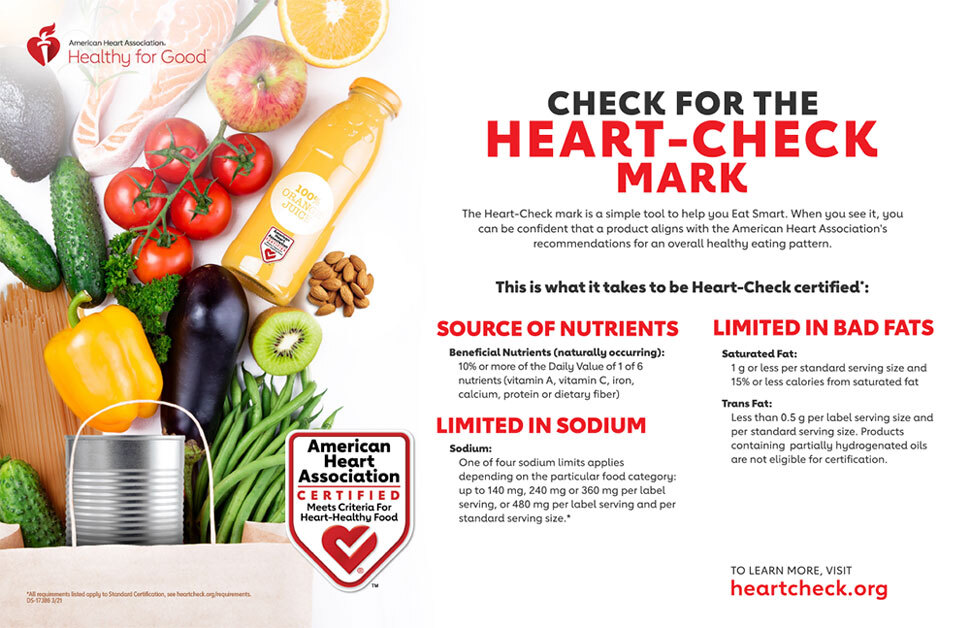
Pediatric Heart Health
Helpful Tip: Healthy eating habits from an early age can lower the risk of developing several deadly diseases later on.


One in five heart attacks occurs without the person even knowing they had one.
Women may experience different symptoms than men. These include pain in the back, arm, neck, shoulder. As well as, nausea, fatigue, shortness of breath, and vomiting.
Women under the age of 50 are twice as likely to die of a heart attack as men in the same age group.
Heart attacks are more likely to occur on Monday mornings than other days of the week. Scientists attribute this to the disruption in our circadian rhythm over the weekend which leads to increased blood pressure and other changes to the nervous system.



Helpful Tip: Healthy eating habits from an early age can lower the risk of developing several deadly diseases later on.



https://www.heart.org/en/healthy-living/healthy-eating/heart-check-foods
https://www.heart.org/en/around-the-aha/february-is-american-heart-month
https://www.goredforwomen.org/en/
https://nationaltoday.com/american-heart-month/
https://www.valleybaptist.net/services/cardiovascular
https://www.harlingenmedicalcenter.com/our-services/cardiovascular/
https://valleyregionalmedicalcenter.com/service/heart-vascular
Joe. G. Rivera & Aurora de la Garza | Cameron County Annex Building
1390 W. Expressway 83
San Benito, Texas 78586
Ph: 956 247-3685